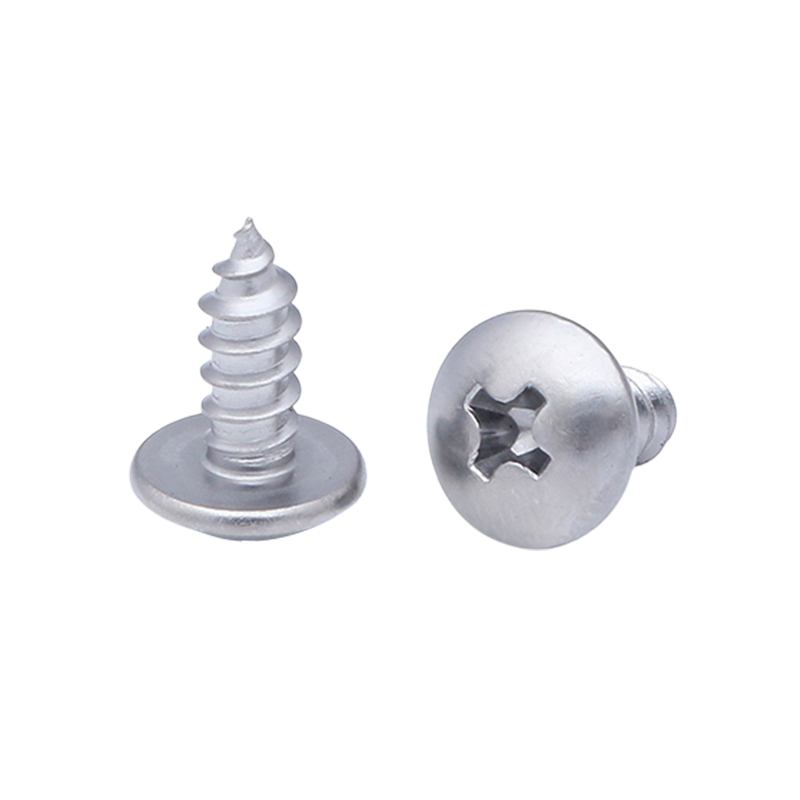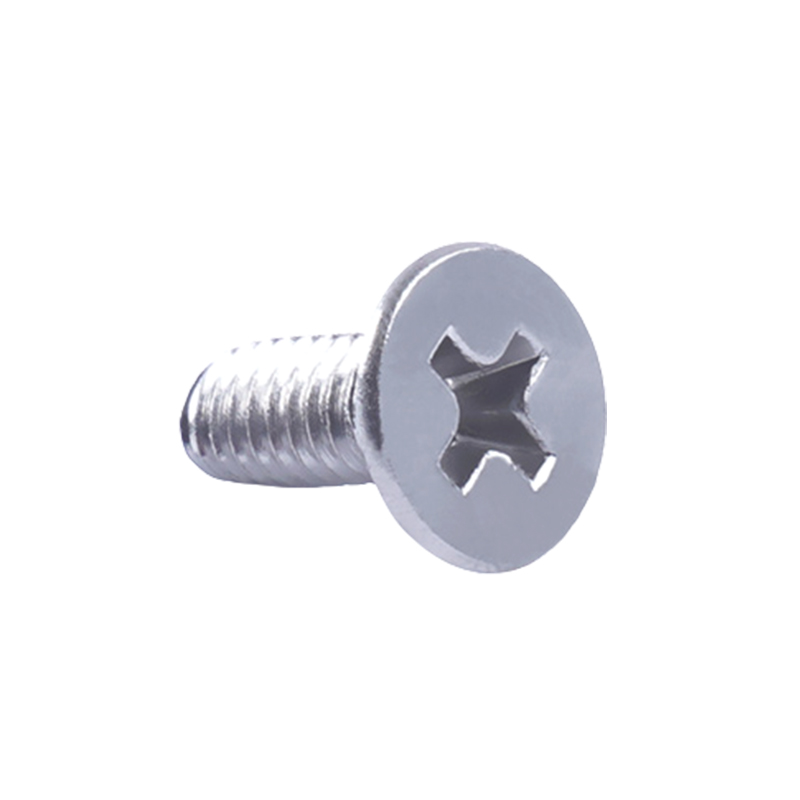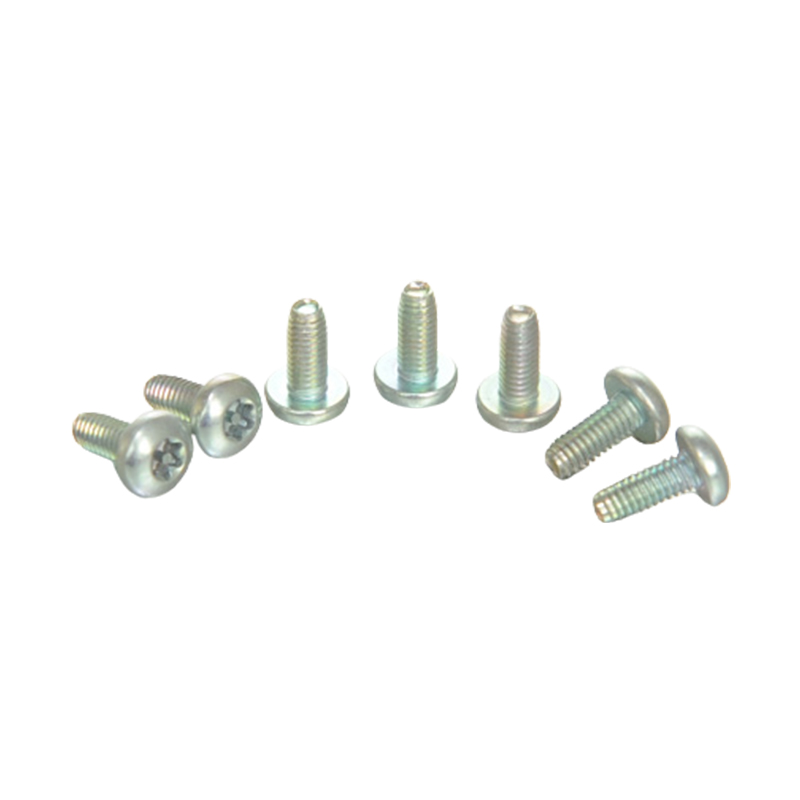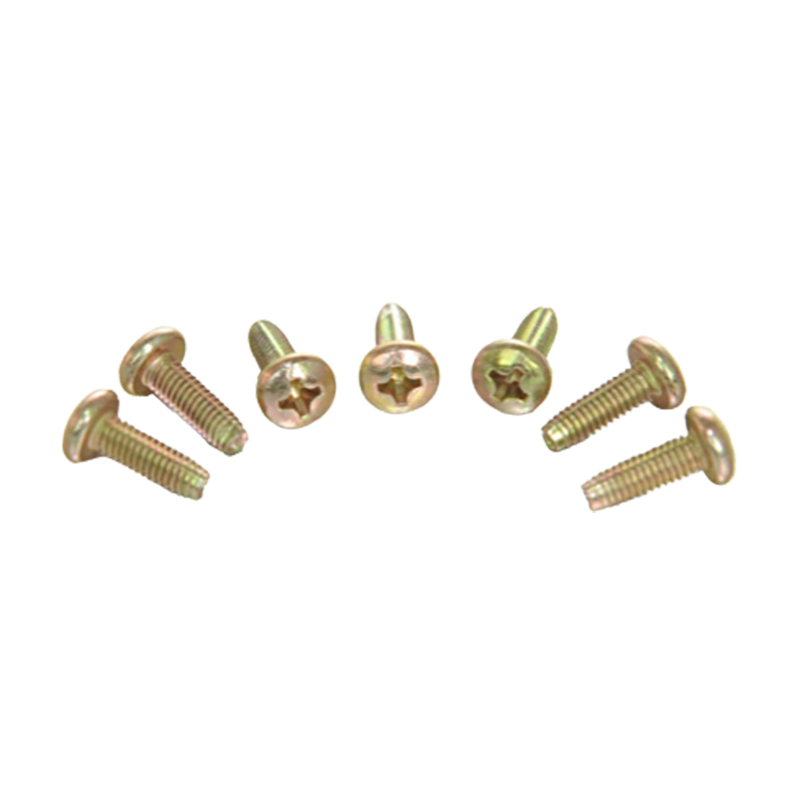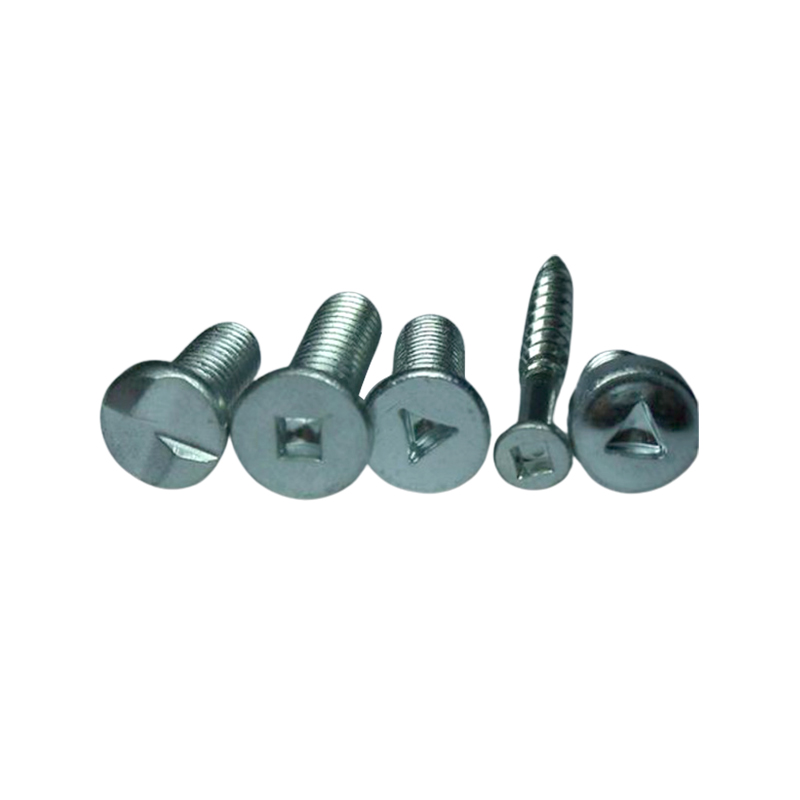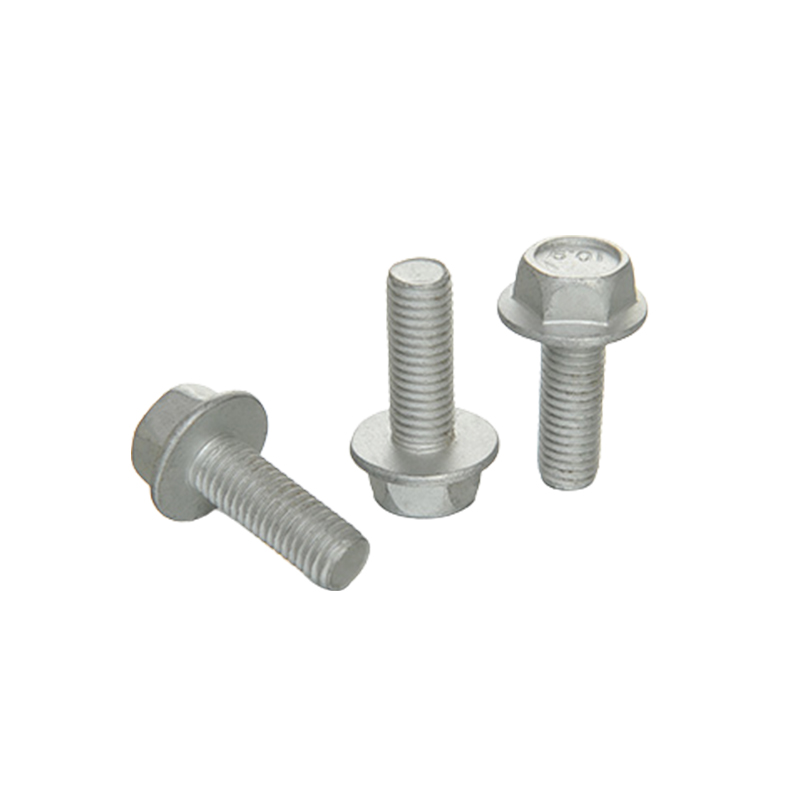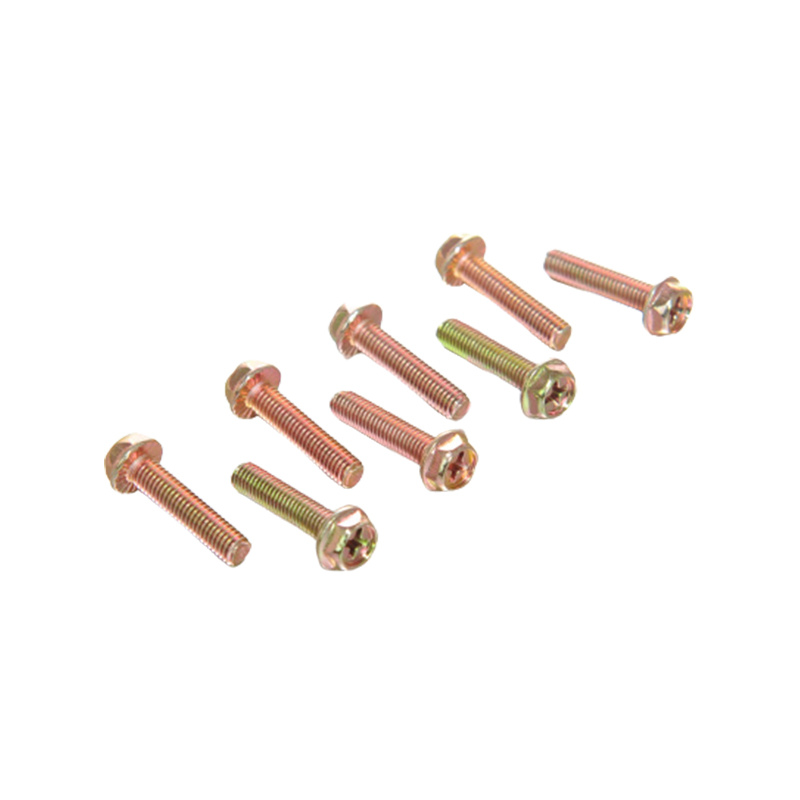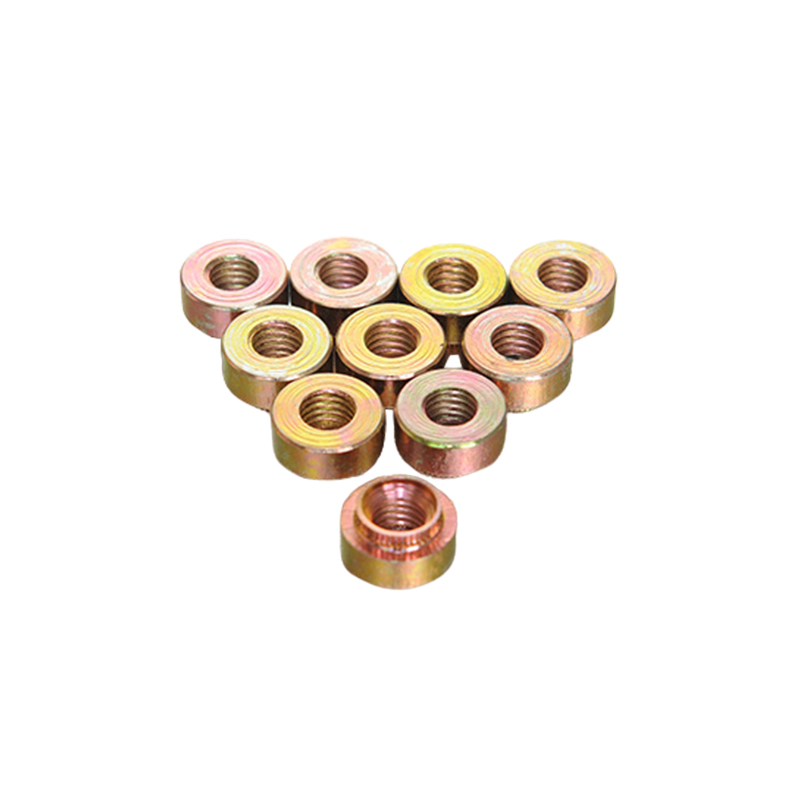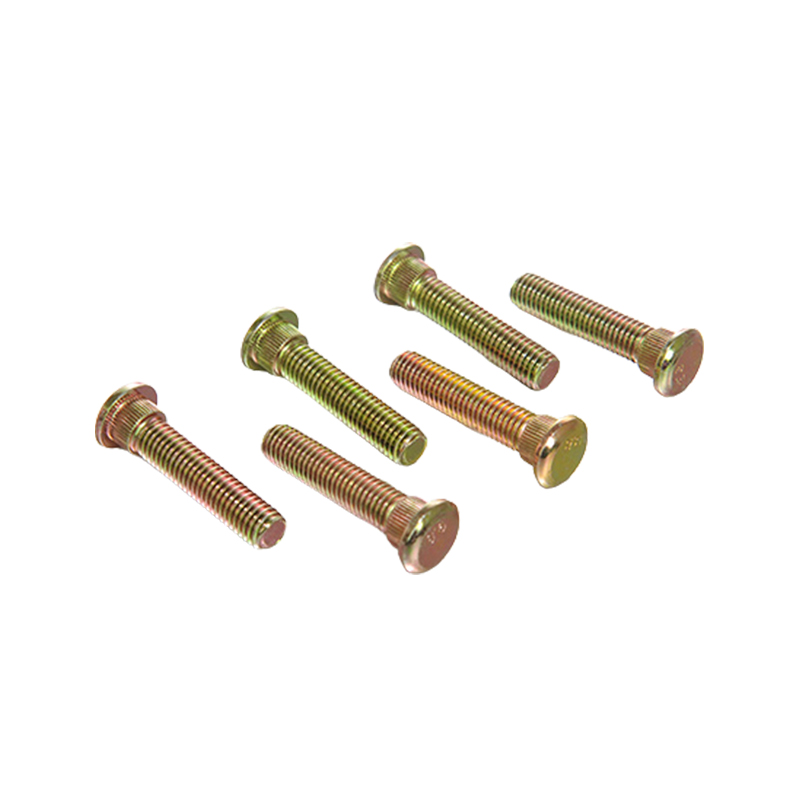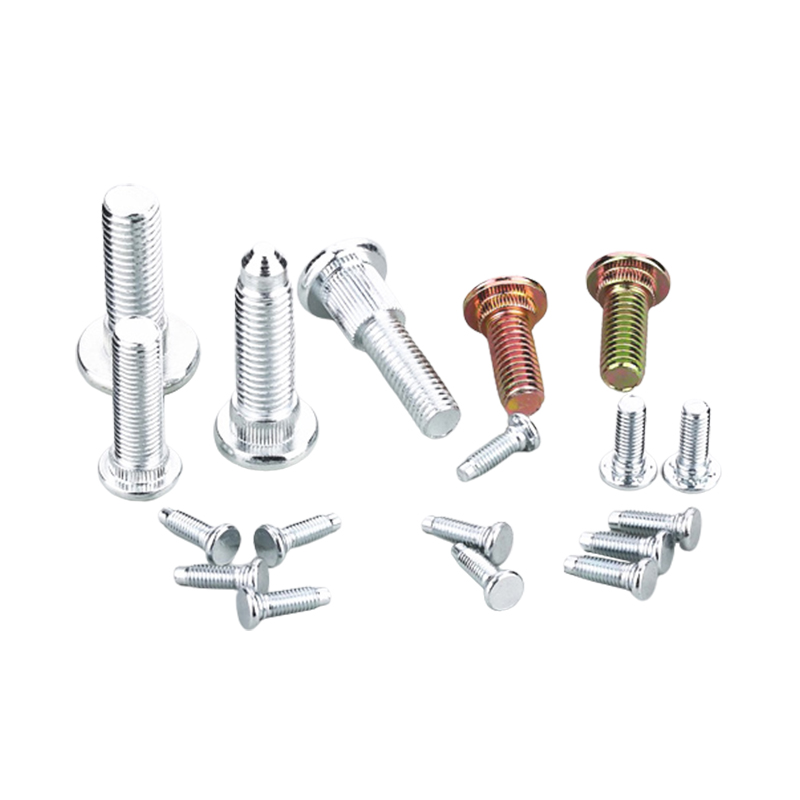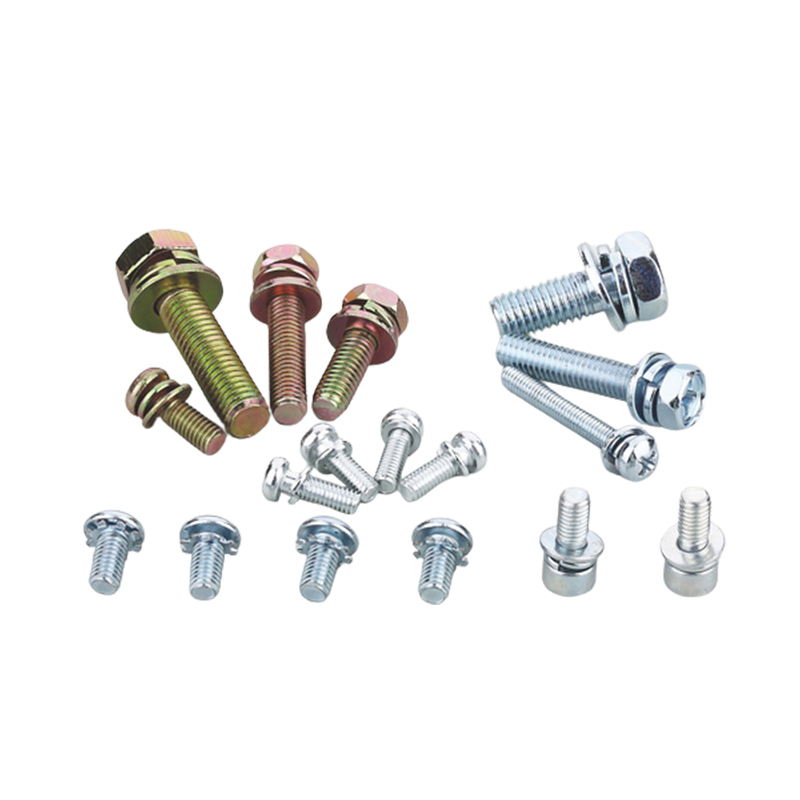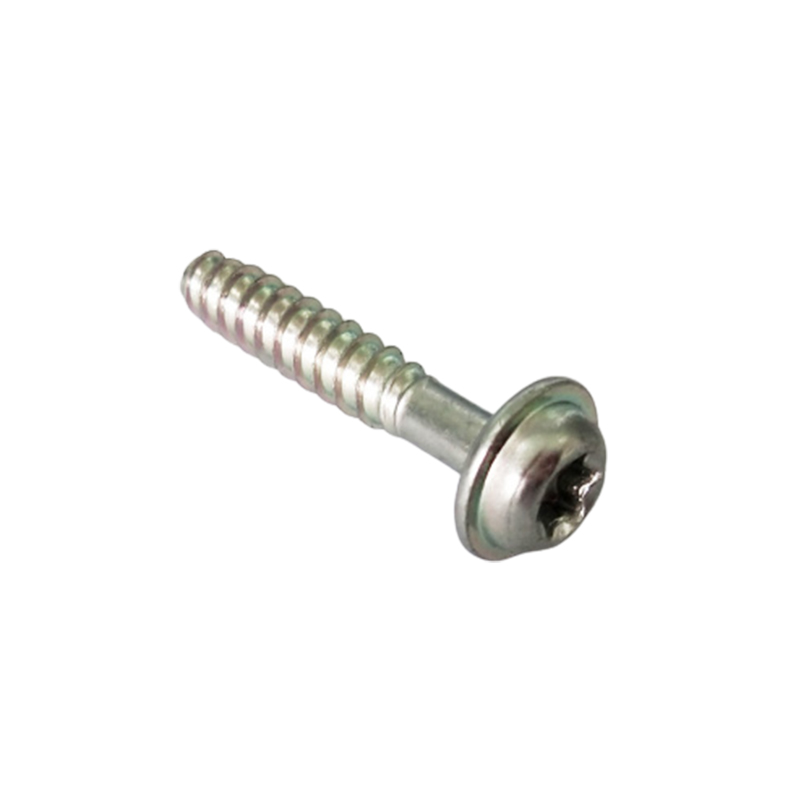Definition and Functional Principle of Self-Tapping Screws
Self-tapping screws are fasteners specifically engineered to create their own internal threads as they are driven into a material. This characteristic distinguishes them from traditional screws that require pre-drilled pilot holes or pre-threaded inserts. The threads on self-tapping screws feature a sharp cutting edge and a hardened tip that allows the screw to displace or cut material efficiently during installation. These screws are suitable for a wide range of substrates, including metals, plastics, and wood, making them an adaptable solution in modern assembly operations. Their design simplifies construction, reduces labor steps, and contributes to a more efficient fastening process.
Ease of Installation and Time Efficiency
One of the primary advantages of using self-tapping screws in assembly work lies in their ability to streamline installation. Since they eliminate the need for pre-drilling or tapping operations, assembly tasks can be completed faster and with fewer tools. Workers can directly insert the screws using a power driver or manual screwdriver, saving valuable time in both production lines and fieldwork. This feature is particularly useful in mass manufacturing environments where repetitive fastening is required. The reduction in preparatory steps also minimizes the potential for alignment errors, ensuring consistent assembly quality throughout the process.
Reduction in Required Equipment
Traditional fastening methods often rely on multiple tools and processes, such as drilling, tapping, and cleaning threads before inserting the fastener. Self-tapping screws reduce this dependency by performing several of these functions simultaneously. The need for specialized equipment, such as taps or thread-cutting tools, is minimized, lowering both initial investment and maintenance costs. This simplification not only benefits large-scale manufacturers but also smaller operations that may not have access to extensive tooling. By consolidating functions, self-tapping screws offer an economical and space-efficient approach to fastening that simplifies logistics and production flow.
Comparison Between Self-Tapping Screws and Traditional Screws
| Feature | Self-Tapping Screw | Traditional Screw |
|---|---|---|
| Pre-Drilling Required | No | Yes |
| Thread Formation | Forms During Installation | Requires Pre-Tapped Hole |
| Installation Speed | Fast | Moderate |
| Tool Requirements | Basic Driver | Driver + Drill + Tap |
| Material Compatibility | Metal, Plastic, Wood | Limited to Pre-Prepared Materials |
Material Compatibility and Versatility
Self-tapping screws are versatile fasteners that can be used with a diverse range of materials, including sheet metal, soft and hard plastics, and wood composites. Their design allows them to cut or form threads without causing excessive stress or cracking in the substrate. In metal assemblies, the cutting threads remove small chips as they advance, while in plastics or wood, the threads displace material to form a secure grip. This versatility makes self-tapping screws suitable for automotive manufacturing, electronics assembly, furniture production, and construction. They provide a reliable fastening method that adapts to different densities and thicknesses of materials without the need for customized preparation.
Secure and Consistent Thread Engagement
During installation, self-tapping screws produce threads that perfectly match their geometry, leading to tight and consistent engagement. This precision reduces the risk of loosening over time due to vibration or thermal expansion. The secure fit enhances both mechanical strength and long-term stability of the assembled components. In industrial applications such as machinery assembly or enclosure fabrication, the uniform threading minimizes play and maintains structural integrity under repetitive loads. As a result, assemblies remain stable and require less maintenance compared to those using traditional screws with pre-tapped holes.
Cost Efficiency and Operational Savings
Self-tapping screws can lower overall production costs by reducing assembly time, tool wear, and labor requirements. Since fewer preparatory steps are needed, workers can complete installations more quickly, improving throughput in production environments. The elimination of secondary operations such as tapping or cleaning threads reduces tool consumption and extends equipment lifespan. Furthermore, because self-tapping screws do not rely on pre-threaded inserts, material and storage costs are reduced. For companies seeking to optimize efficiency without compromising structural integrity, these screws offer a practical balance between performance and economic benefit.
Enhanced Structural Integrity
Self-tapping screws create strong connections by forming threads that tightly grip the surrounding material. This mechanical interlock ensures that the fastener resists both axial and lateral forces effectively. When installed correctly, the threads distribute stress evenly, preventing localized deformation and maintaining assembly stability. In metal applications, the hardened threads bite into the substrate, generating a solid anchoring effect. In plastics or wood, the screw geometry minimizes material displacement, reducing the likelihood of cracking or stripping. Such characteristics make self-tapping screws suitable for both permanent and semi-permanent joints across multiple industries.
Advantages of Self-Tapping Screws in Different Applications
| Application Area | Benefit | Example |
|---|---|---|
| Automotive Manufacturing | Rapid Assembly and Vibration Resistance | Securing Metal Panels or Interior Fixtures |
| Electronics | Precision Fastening in Plastics | Mounting Circuit Boards and Casings |
| Furniture | Ease of Use and Secure Grip in Wood | Cabinet or Chair Frame Assembly |
| Construction | Reduced Drilling Requirements | Fastening Metal Frames or Roofing Sheets |
| Machinery | Strong Joint Formation in Hard Materials | Attaching Brackets and Covers |
Reduced Risk of Material Damage
Another advantage of self-tapping screws is their ability to minimize damage during installation. The controlled cutting or forming action prevents excessive torque and reduces stress on the surrounding material. This property is particularly beneficial when working with brittle or delicate materials, such as certain plastics or thin sheet metals. Traditional drilling and tapping operations can generate heat or cause cracking, whereas self-tapping screws are designed to maintain material integrity by cutting gradually. The outcome is a cleaner installation with minimal deformation, preserving both the appearance and structural quality of the workpiece.
Ease of Disassembly and Maintenance
Although self-tapping screws create their own threads, they also allow for convenient disassembly and reassembly when maintenance or repairs are required. The threads formed in the material remain intact, enabling the same screw to be reinserted or replaced without significant wear to the hole. This feature provides flexibility in applications that require periodic adjustments, such as mechanical housings, covers, or service panels. Additionally, because no adhesives or rivets are involved, components can be easily separated without damage, enhancing long-term usability and maintenance efficiency.
Adaptability to Automation
Modern manufacturing increasingly relies on automation, and self-tapping screws are highly compatible with automated assembly systems. Their straightforward insertion process and consistent performance make them ideal for robotic fastening. Automated screwdrivers can install self-tapping screws with precise torque control, ensuring uniform results across large-scale production runs. This compatibility reduces human error and increases production consistency. Additionally, their ability to self-correct alignment during installation supports automation efficiency, as minor positioning inaccuracies are naturally compensated by the screw’s threading design.
Corrosion Resistance and Coating Options
To enhance performance in demanding environments, self-tapping screws are often available with protective coatings or made from corrosion-resistant materials. Common finishes include zinc plating, nickel coating, or stainless steel construction, which helps prevent rust and oxidation. These features make self-tapping screws suitable for outdoor or humid applications, such as construction or marine installations. The ability to choose coatings based on environmental requirements ensures longer service life and reduced maintenance needs. The protective finishes also enhance appearance while maintaining functional integrity over time.
Impact on Assembly Design Flexibility
By simplifying fastening methods, self-tapping screws provide engineers and designers with greater flexibility in developing assembly solutions. Because these screws eliminate the need for pre-threaded holes, designers can create components with thinner walls or non-standard geometries without compromising strength. This freedom supports lightweight construction, especially in industries such as automotive or aerospace manufacturing, where material reduction is essential. Furthermore, their availability in various head types, thread patterns, and drive styles allows customization to match specific mechanical or aesthetic requirements.
Long-Term Reliability in Repetitive Stress Conditions
Assemblies subjected to vibration, temperature fluctuations, or continuous mechanical stress benefit from the stable engagement offered by self-tapping screws. The threads they produce provide a consistent hold that resists loosening under repeated load cycles. This stability is especially valuable in environments such as machinery assembly or electronic enclosures, where precision and durability are essential. Combined with proper torque control, self-tapping screws maintain joint integrity over extended service periods, minimizing the risk of component failure or unplanned maintenance interruptions.
Environmental and Recycling Considerations
From an environmental standpoint, self-tapping screws can contribute to sustainable manufacturing practices. Since they do not require additional inserts, adhesives, or welding, the overall material consumption is reduced. Their reusability and easy disassembly support recycling and component recovery in end-of-life products. In contrast, permanent joining methods like rivets or welds complicate recycling processes. Manufacturers aiming for sustainable product design can therefore benefit from incorporating self-tapping screws as a part of eco-conscious assembly strategies that reduce waste and simplify dismantling.
Summary of Key Functional Benefits
In conclusion, self-tapping screws provide multiple operational advantages in assembly work, including simplified installation, cost reduction, material compatibility, and long-term structural stability. Their ability to form threads during insertion eliminates preparatory steps, improving efficiency and consistency. Through proper selection of material, coating, and screw geometry, these fasteners adapt to various industrial needs while maintaining ease of use and maintenance flexibility. Their contribution to modern assembly systems highlights their importance as a versatile and dependable fastening solution across multiple manufacturing sectors.


